Search Results
Showing results 241 to 260 of 350
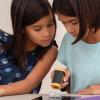
Exploring Earth: Temperature Mapping
Source Institutions
This activity models the way Landsat satellites use a thermal infrared sensor to measure land surface temperatures.
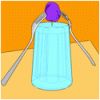
Fork it Over
Source Institutions
This is an activity about center of gravity. Learners will balance a fork on a glass by finding its center of gravity.
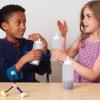
Chemistry Makes Scents
Source Institutions
In "Chemistry Makes Scents," participants use their noses to distinguish between chemicals with very similar structures.
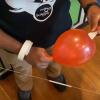
Balloon Rockets
Source Institutions
In this activity, learners will create a model rocket out of an inflated balloon attached to a straw on a taught string.
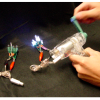
How can You Demonstrate the Efficiency of Different Light Bulbs?
Source Institutions
In this activity, learners actually feel the difference in energy required to light two different types of light bulbs: incandescent light and LEDs.
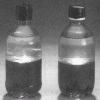
Miscibility
Source Institutions
Learners observe a bottle containing water and oil. They are invited to pick up the bottle and mix the contents together.
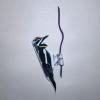
Oscillating Woodpecker
Source Institutions
In this activity, learners will experiment with the physics of forces - kinetic energy and friction while making a moving toy woodpecker.
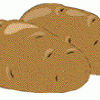
Potato Power
Source Institutions
Learners combine hydrogen peroxide with three different forms of potato: raw chunks, ground chunks, and boiled chunks.
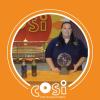
Glitter Bottles
Source Institutions
In this activity, learners will create glitter bottles with adult supervision. These are a fun way for little ones to practice observing and making comparisons.

Cauldron Bubbles
Source Institutions
In this activity, learners mix up a bubbly brew and examine density. Learners explore how they can make different materials fall and rise in water using oil, water, and salt.
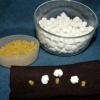
Nuclear Fusion
Source Institutions
This simple and engaging astronomy activity explains nuclear fusion and how radiation is generated by stars, using marshmallows as a model.
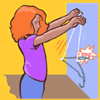
Musical Coat Hangers
Source Institutions
Discover how sound travels and what materials make better sound conductors. Can you hear better with your fingers in your ears? Find out with a coat hanger and some string!
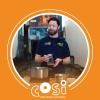
Maillard Reaction
Source Institutions
In this activity, learners will explore the chemistry of cooking. They will learn about--and observe--the Maillard Reaction as they make their own browned butter.
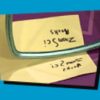
Mirror Messages
Source Institutions
In this activity, learners use mirrors to write secret messages to a friend. Use this activity to explore letters, optics, and/or symmetry.
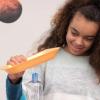
Exploring the Universe: Static Electricity
Source Institutions
This activity encourages visitors to build an electroscope—a simplified version of one of the tools scientists use to study the invisible forces on Earth and in space.
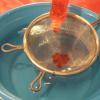
Molecular Gastronomy: Use Self-Assembly to Make a Dessert Topping
Source Institutions
Molecular gastronomy is the scientific study of food preparation. Learners use self-assembly techniques to create edible capsules of chocolate syrup (food grade ingredients are required).
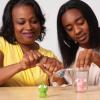
Molecules in Motion
Source Institutions
"Molecules in Motion" explores how materials behave and change in a vacuum.
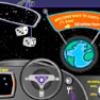
Zoom: Travel to a Star and Back to Earth
Source Institutions
This is an online activity about what would happen if we could travel at or near the speed of light.

Unleakable Bag
Source Institutions
In this activity, learners explore the flexibility of polymer chains by pushing sharpened pencils through a Ziploc bag.
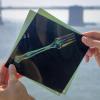
Bone Stress
Source Institutions
In this optics activity, learners examine how polarized light can reveal stress patterns in clear plastic.
